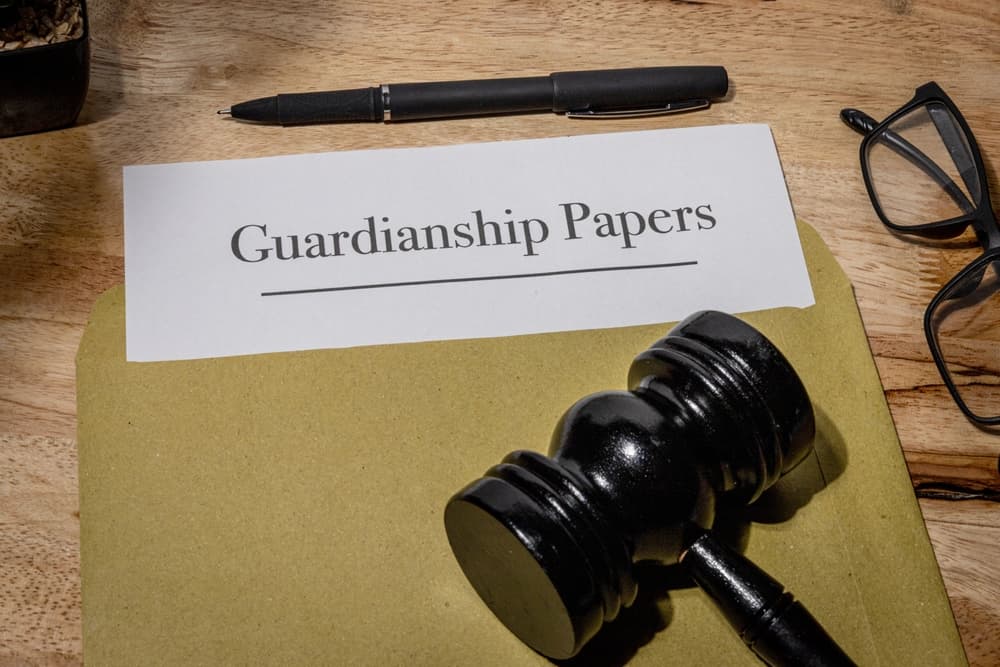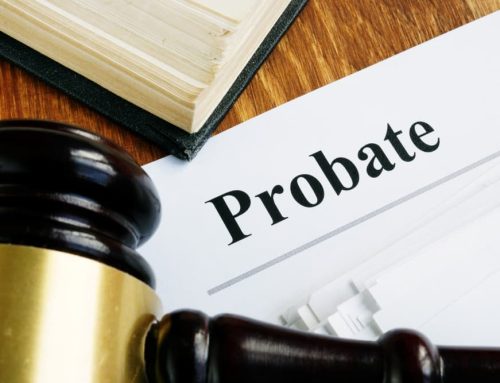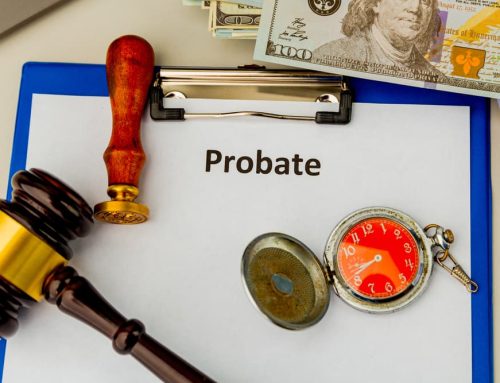The Role of Guardianship Documents in Estate Planning
The Role of Guardianship Documents in Estate Planning

Guardianship is a proceeding that you may want to avoid if at all possible. You would need to go through the court system to have a guardianship approved, and an individual appointed to serve in that position. With the help of an estate planning attorney, you can draft documents that can help you avoid the guardianship process altogether.
You may consider drafting powers of attorney that can allow someone else to make decisions on your behalf when you are no longer able to do so on your own. You should seek help from an estate planning attorney while you are still able to draft a plan that can help you when you need it.
Situations When You May Need Guardianship

For adults, guardianship may be needed when a person is no longer capable of managing their daily life due to conditions like dementia, traumatic brain injury, severe mental illness, or developmental disabilities. In such cases, a guardian can make decisions about healthcare, living arrangements, finances, and legal matters to protect the individual’s well-being.
Situations involving sudden illness or accidents can also create an urgent need for guardianship if the person becomes temporarily or permanently incapacitated without prior planning documents in place. Additionally, guardianship may be necessary when an individual refuses help or cannot recognize their need for assistance, putting themselves at risk.
Without formal guardianship, family members may face legal hurdles in accessing medical information, making treatment decisions, or managing finances. Establishing guardianship proactively or through the courts helps avoid delays and confusion, providing clear authority and protection for vulnerable individuals.
What Happens Without Guardianship Documents
Without guardianship documents, the care and decision-making for minors or incapacitated adults can become uncertain and complicated. If a parent or caregiver becomes unable to care for a child or dependent and no guardianship is legally established, the court must step in to appoint a guardian. This process can be time-consuming, stressful, and may result in someone the family would not have chosen, assuming responsibility. Functionally, you would be ceding control of your situation to the court. The court appoints a guardian and oversees the decisions that they make.
For adults who lose the ability to manage their affairs due to illness, injury, or disability, the absence of guardianship documents can create significant barriers. Family members might be unable to access medical information, make healthcare decisions, or manage finances without court approval.
This lack of clarity can lead to delays in care, increased legal expenses, and potential conflicts among family members. Establishing guardianship documents ahead of time ensures your wishes are honored, provides peace of mind, and helps protect your loved ones during vulnerable times.
Why Guardianship Documents Matter in Estate Planning
Guardianship documents are a critical, yet often overlooked, component of a comprehensive estate plan. These documents designate who will care for your minor children or incapacitated dependents if you become unable to do so due to death or disability. Without a valid guardianship designation, the decision of who will assume this responsibility is left to the court, which may not choose the person you would have preferred.
In the context of minor children, guardianship documents ensure continuity, emotional stability, and financial support during an already difficult time. They allow you to name both a guardian of the person (someone who provides daily care) and a guardian of the estate (someone who manages financial assets), which may be the same or different individuals depending on your wishes.
For adults caring for a disabled spouse, elderly parent, or adult child, guardianship planning provides a legally enforceable way to maintain care and protection for those who cannot advocate for themselves. It also reduces the risk of family disputes and costly court proceedings.
In addition, guardianship documents are vital in avoiding unnecessary delays. When emergencies arise, having a clear legal framework in place helps ensure that loved ones receive immediate care without bureaucratic obstacles.
By working with an estate planning lawyer to draft these documents, you can ensure they are legally sound and tailored to your family’s unique needs. Ultimately, guardianship planning offers peace of mind that your loved ones will be cared for by the people you trust most.
How an Estate Planning Attorney Can Help with Guardianship Documents

First, an experienced attorney will explain the different types of guardianship, such as guardianship of the person versus guardianship of the estate, and help you decide which best fits your family’s needs. They will guide you through selecting suitable guardians who are willing and capable of taking on the responsibility.
Second, the attorney ensures that guardianship documents comply with state laws, which can vary significantly. Proper legal drafting minimizes the risk of challenges or delays in court, offering your family clarity and security during difficult times.
An estate planning attorney also assists in coordinating guardianship provisions with other key documents like wills, trusts, and powers of attorney. This holistic approach guarantees that all aspects of your estate plan work together seamlessly.
If necessary, the attorney can petition the court to establish guardianship, providing legal representation to ensure the process proceeds smoothly.
An Estate Planning Attorney Lifts Your Burden
Beyond paperwork, estate planning lawyers offer personalized advice tailored to your family’s unique circumstances. By entrusting guardianship planning to a knowledgeable attorney, you can have peace of mind that your loved ones will be cared for according to your wishes, no matter what the future holds. Call a trusted Florida estate planning lawyer today.
Have questions about how to get started on your estate plan or estate needs?
Have questions about how to get started
on your estate plan or estate needs?
Contact the experienced estate planning professionals at The Estate Plan
by calling us at (305) 677-8489.
Contact the experienced estate planning professionals at The Estate Plan by calling us at
(305) 677-8489.















